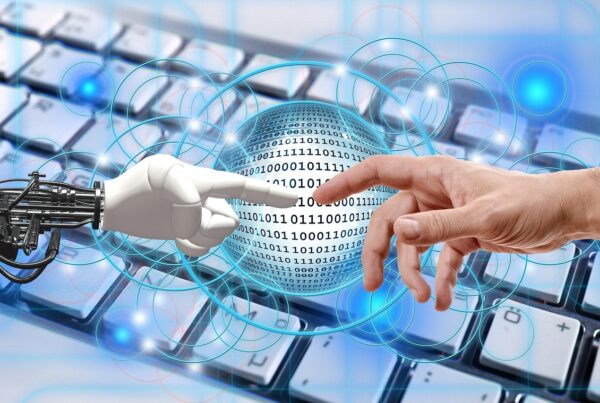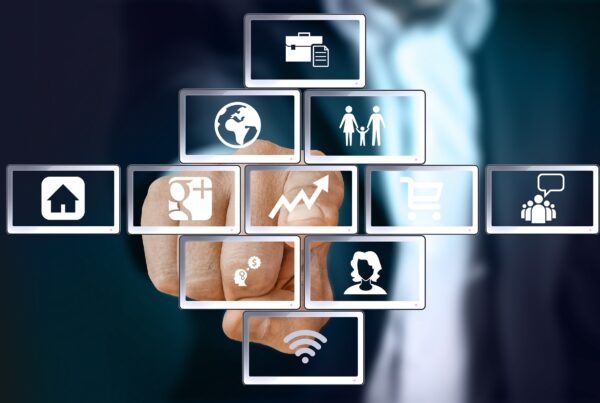#AI@Work: Digital Ledger Technologies in EDU
Implementation of digital ledger technologies in education is at the startup stage. Although it is springing up here and there, it is not yet being widely used. Hiring managers and registrars don’t trust digital credentials and are not sure how to evaluate them. The perceived benefits have not yet outweighed the costs. Data ownership can be muddy. There are laws like FERPA (Family Education Rights and Privacy Act) and GDPR (General Data Protection Act) that make ownership cloudy. In centralized systems this is much clearer. The information is owned by the owner of the server hosting the data. In decentralized systems the data is controlled by whoever owns the private key associated with the transaction, but this doesn’t necessarily equate to ownership. Learners with a verifiable key have control over the data but they don’t own it unless they issued the credential. If they lose the key, they lose control of the data.
Connecting existing relationships builds the foundation for trust.
Building ecosystems first can lay a foundation for mutually beneficial support. Mutually beneficial support can produce evidence and scaffold the development of decentralized frameworks, systems and software. Building on existing trust is the key to adoption and acceptance. Eventually, the technology will improve and be easier to use. Eventually, the concepts will become more familiar to stakeholders and the benefits more apparent. Blockchain is all about building connection to assure trust by machines working together. Blockchain can initiate new ways of thinking about ownership, use and control of data.
Education isn’t just about learning. It is also about documenting, verifying and sharing evidence that learning has occurred. Distributed ledger technologies are sustainable, transparent and auditable while maintaining security and privacy, making them perfect for consensus and transaction driven data. Data ownership and privacy are imperative to vulnerable populations. We still live in a world where not everyone has access to the Internet or technology. According to Pew Research, 29% of Americans do not have smartphones, 49% don’t have broadband and 46% don’t own a computer (Lemoie and Soares, 2020).
#AI@Work, #WFH, #Virtual Touchpoints, #ThePajamaEffect, #The Visual Connection, #BobbeGB, #BobbeBaggio, #Touchpoints, #Remote Workplace, #WorkFromHome, #PJEffect, #LinkedInNewsLive




